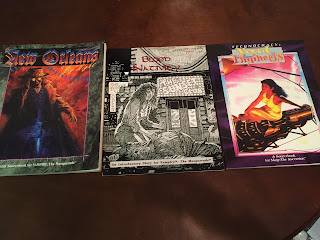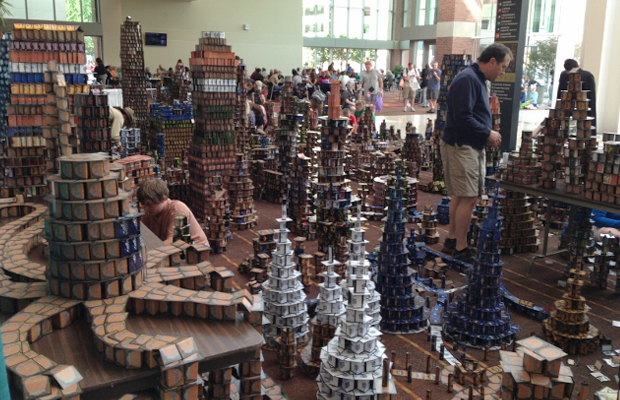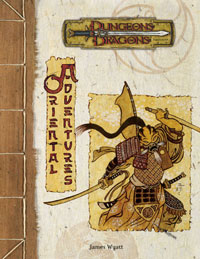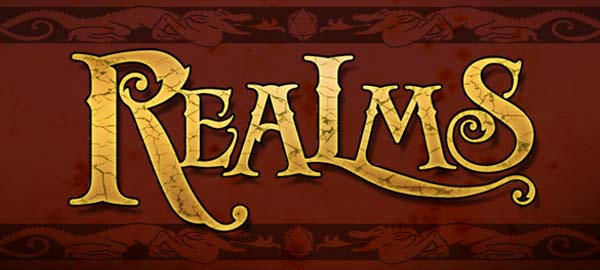 |
| Cardhalla, where attendees have built impressive structures from donated cards |
I have been to a lot of conventions
and even worked for one, but I have never had a better time than I had this
past weekend at GenCon. GenCon’s motto
“The Best Four Days in Gaming” is not hype; it is truth! I hadn’t attended a convention in several
years, and although I had attended Gen Con previously, I really didn’t do
everything that I could have to make it the best experience.
I would like to start by thanking
the entire GenCon staff for running such a great convention. I know from experience that behind the scenes
of any convention is chaos, but the mark of a great convention is that the
con-goers never see that chaos. I can’t
say what the GenCon staff did or didn’t do.
All I can say is that I never felt their presence, and everything ran
smoothly. That in itself is an
impressive feat for a convention of 60,000 plus attendees.
 |
| A wonderful balloon artist built this over 4 days of the convention |
Next, I would like to personally
thank the medical staff in the first aid room in the Indianapolis Convention
Center. My girlfriend had an asthma
attack on Saturday afternoon, and they were not only quick to help, but very
friendly and experienced. They treated
her quickly and professionally. I don’t remember your names, but thank you
very much for everything you did!
The city of Indianapolis was
amazing, too! Everyone was friendly and
you could really tell how excited the city was to have GenCon. The hotel staff at the Cambria where I stayed
were so nice and outgoing. They asked
about the convention, and although they are further out from the convention
than some might prefer, I cannot recommend them more highly! Everyone restaurant in the city was re-themed
for the convention as well. We ate
dinner at the Colts Grille and they had hung banners for various games and
given new names to their menu items paying homage to a variety of games, comic
book characters, etc. Not to mention
they gave us free, Indiana Colts themed dice.
GenCon was not all fun though. As many of you know, I am a freelance writer,
and I spent many hours wandering the Exhibitor’s Hall meeting game developers
and handing out as many business cards as I could. I met other writers as well, including The Gentleman Gamer, with whom I had lunch alongside Neal Price, the developer of
Scion. I attended many panels on freelancing and learned a lot, made some new contacts, and really got a better
sense of the path to being a better writer.
 |
| I bought a ton of d8's. I always need them when I play wizards. |
Of course, I attended the Onyx PathPublishing events! And in a case of
burying the lede, they announced Vampire:
The Masquerade 4th Edition!
Rather than being an homage to earlier editions of VtM like V20, this
new version will update the mechanics and world much like Mage 20 updated that
game. Not much else is known about this
edition, yet, but I will be keeping up with new information as it is announced.
On the subject of Onyx Path
Publishing, I would like to say that I have never met a nice group of
people. My girlfriend raved about how
friendly and open you were. She’s even
talking about running a Werewolf: The
Apocalypse game in the future. Your
excitement for your game lines and the friendliness of your staff is both
infectious and inspiring. I always felt
welcome at your booth, and I stopped by every day to meet someone new or just
say hi to Eddy Webb or Neal Price. (Btw,
Neal, I’m really sorry I missed you Scion panel!)
 |
| Fantasy Age is a new RPG by Green Ronin and Baby Bestiary is an art book. |
Other than the Onyx Path seminars, I
attended several freelance writing seminars including Paizo’s and two lead by third
party publishes like John Ling, Jr. from Frog God Games and Wolfgang Baur from
Kobold Press among others. I learned a lot about what
it takes to be a freelance writer and especially how important it was to always
have a business card on hand.
But GenCon wasn’t all work. I played in the new D&D Adventurer’sLeague season adventure Harried in Hillsfar.
Our DM was great! He kept the
action rolling as we moved through the corridors of a strange temple.
I also played a new board game,
Compounded, by Dice Hate Me Games. It
was so good that my girlfriend immediately bought the base game and I bought
the expansion. In Compounded, the
players randomly draw elements and try to complete a variety of chemicals. It’s a great game for anyone who enjoys
science. I think it’d be a great game
for high school chemistry classes. I
highly recommend this one!
Shopping took up a great deal of our
time at GenCon. My girlfriend bought a
lot of art prints. All of them are
gorgeous. I bought a ton of RPG books
and new dice. I wanted to get a copy of
FFG’s new Star Wars RPG Force & Destiny, but the line was just too
long. I did get the new Green Ronin RPG
Fantasy Age, and I can’t wait to read through that.  |
| What is a convention without buying some old AD&D 2E books? |
Of course, I bought plenty of older
stuff, too, including a copy of Blue Rose.
I also found an old VtM module by Atlas Games called Blood
Nativity and a copy of New Orleans by Night. I had to control myself in the
Exhibitor’s Hall. The temptation to buy
just everything was too great. I limited
myself to those items I knew that I would use in upcoming campaigns.
I also got a chance to meet my
favorite podcasters, Kevin, Brady, and Dustin from UnderDiscussion. They put on a great seminar for people
interested in starting a podcast. My
girlfriend and I were able to chat with Brady and Kevin for a while after the
panel too. That was definitely a
highlight of the convention for me.
 |
| And of course, my White Wolf swag! |
The biggest surprise of the
convention was sharing a bus ride with Richard Lee Byers, author of the Year of the Rogue Dragons Forgotten Realms book series (amongst many, many other fantasy
books). We had a great conversation on
the bus ride back to our hotels. I guess
not staying in a downtown hotel closer to the convention really paid off! I’m sad to say that I haven’t read any of
Richard Lee Byer’s books, but I will.
That shuttle ride is also how my
girlfriend and I made two new friends from California. You know who you are! I had a great time playing Compounded with
you guys. I look forward to seeing you
at GenCon next year!











